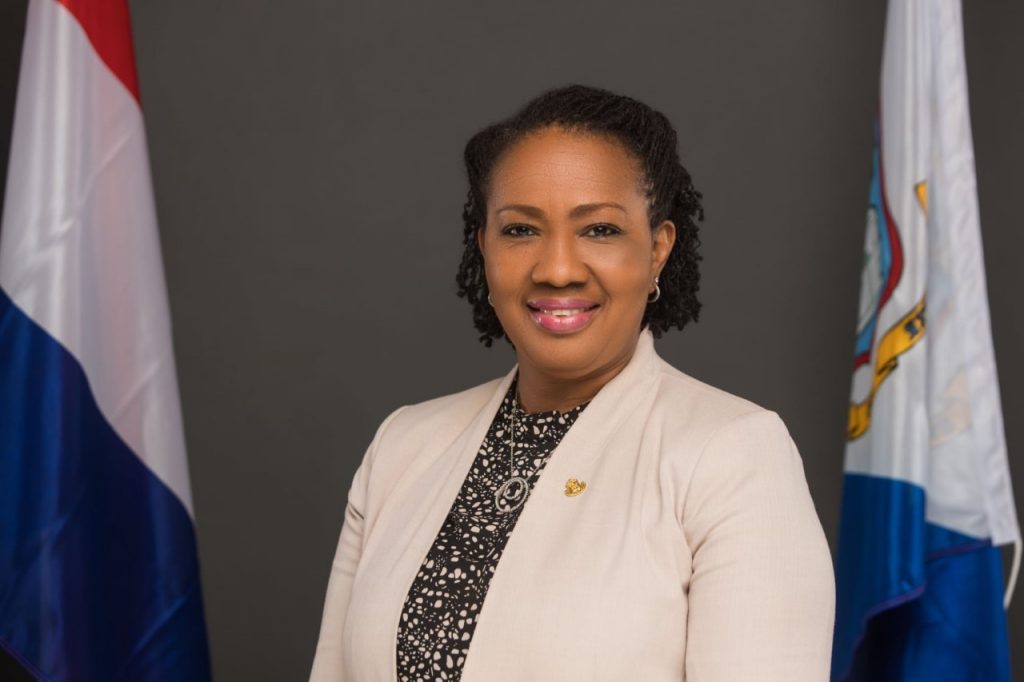PM Jacobs: No decision yet about early elections

PHILIPSBURG — Prime Minister Silveria Jacobs has labeled reports that the government plans to move the parliamentary elections from January 2024 to November 23, 2023, as “incorrect.” Jacobs said that discussions about the election-date are ongoing within the Council of Ministers. “Until there is a decision, the scheduled date for the elections remains January 2024,” she stated in a press release.
The report about an early election did not escape the attention of parliamentarian Sarah Wescot-Williams (United Democrats). “Constitutionally, the parliament sits for four years,” she stated in a press release.
Indeed, article 46 of St. Maarten’s constitution states: “The term of office for the parliament is four years.” Article 55 adds that further rules related to suffrage and elections are regulated in a national ordinance.
Those rules are established in the electoral law. Article 40 of this ordinance states: “The days of the voting for the elections of members of parliament will be determined by national decree at the nomination by the Minister of General Affairs, in such a way that there are 48 days between the day of the nomination (of candidates) and that of the voting.”
This seems to suggest that Prime Minister and Minister of General Affairs Silveria Jacobs has the authority to set the date for an election, though it remains ambiguous whether she is bound by the article in the constitution stating that the term of office for the parliament is four years.
MP Wescot-Williams demands at least clarity in her press statement: “At the very least, the government should inform parliament of its intentions to dissolve the legislative body of St. Maarten.”
Wescot-Williams offers her opinion about the infamous article 59 of the constitution that regulates the dissolution of parliament. “Sometimes this article is explained by pundits as one of ‘you hit and I hit back,’ suggesting some balance and leverage in the ministerial responsibility and accountability of ministers to parliament.”
The emphasis of the dissolution-article should be on a conflict within the government,” Wescot-Williams notes. “In other words: a cabinet crisis or a prolonged standoff between government and parliament, obstructing effective governance of the country.”
The MP emphasized that article 59 is “not an open-ended mandate to the government to change parliamentary election-dates and terms at their whim.”
Wescot-Williams states that she is trying to understand why the government would want to move the elections to November 2023. “Is there something brewing in the Council of Ministers that will soon come to a head? Is there a lack of majority support for the sitting government, making effective governance impossible? Or is it a pre-emptive strike to still any potential shakeup? Are we in a political quagmire?”
The MP said that rumors that the government wants to avoid campaigning during the Christmas period “do not hold water.” She maintains that the government has no other option than sticking to the regular election-timetable or to present a well-motivated case for an early election.
“The government will not get away with its usual shenanigans when it comes to decreeing early elections,” Wescot-Williams states, adding that “these are the type of general decisions that should be challengeable in a court of law, because they undermine the rule of law.”


























